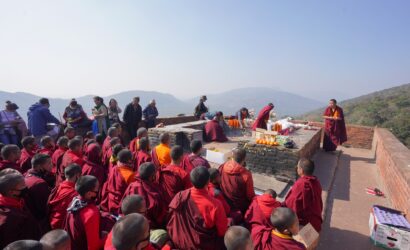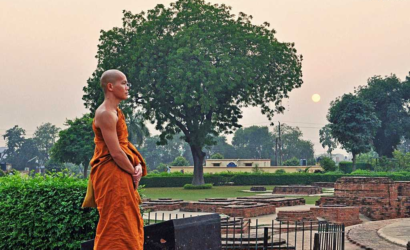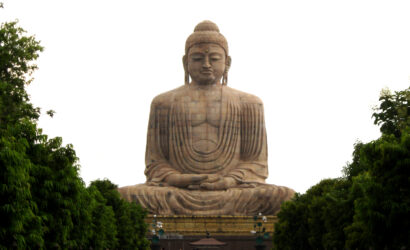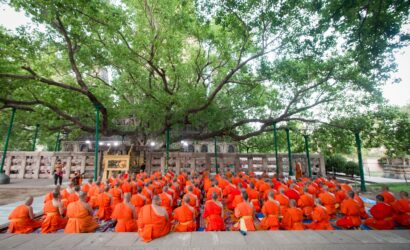Nalanda
Nalanda, located in the Indian state of Bihar, is renowned for its ancient Nalanda University, which was one of the world’s first residential universities and a renowned center of learning in ancient India. Founded in the 5th century CE during the Gupta Empire, Nalanda University attracted scholars and students from across the world and flourished for several centuries as a hub of Buddhist and academic excellence.
The ruins of Nalanda are spread across an extensive area and include numerous monasteries, temples, lecture halls, and meditation centers. The university complex was a vast institution with multiple campuses, libraries, and residential quarters for monks and scholars.
The Nalanda Archaeological Site, a UNESCO World Heritage Site, provides valuable insights into the educational and intellectual achievements of ancient India. The ruins bear testimony to the advanced architectural, academic, and administrative systems of Nalanda University, which was a pioneer in the fields of Buddhist studies, philosophy, astronomy, mathematics, medicine, and logic.
The Nalanda Archaeological Museum, located near the ruins, houses a rich collection of artifacts, sculptures, and inscriptions excavated from the site, including statues of Buddha, Bodhisattvas, and Hindu deities, as well as ancient manuscripts and seals.
Nalanda is not only known for its historical and academic significance but also for its cultural and religious heritage. The nearby village of Rajgir, which served as the capital of the Magadha Empire and is associated with several important events in the life of Lord Buddha, is a popular pilgrimage destination.
The annual Nalanda Mahotsav, a cultural festival held in Nalanda, celebrates the rich heritage of the region through music, dance, theater, and exhibitions. The festival attracts artists, scholars, and visitors from around the world to experience the cultural diversity and artistic traditions of Bihar.
Overall, Nalanda is a place of immense historical, cultural, and academic importance, symbolizing the intellectual prowess and spiritual legacy of ancient India. It is a destination that offers a fascinating journey through time, allowing visitors to explore the roots of education, philosophy, and culture in the Indian subcontinent.
City Tour
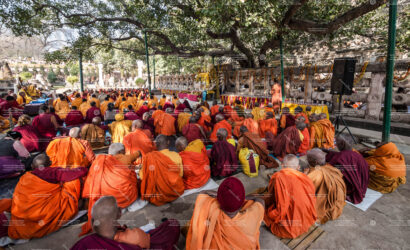
Buddhist Spiritual Tour: 6 Days of Enlightenment
Cultural Tours
Tourism is travel for pleasure or business; also the theory and practice of touring, the business of attracting, accommodating, and entertaining tourists, and the business of operating tours. Tourism may be international, or within the traveller’s country. The World Tourism Organization defines tourism more generally, in terms which go “beyond the common perception of tourism as being limited to holiday activity only”, as people “traveling to and staying in places outside their usual environment for not more than one consecutive year for leisure, business and other purposes”.
Tourism can be domestic or international, and international tourism has both incoming and outgoing implications on a country’s balance of payments. Today, tourism is a major source of income for many countries, and affects the economy of both the source and host countries, in some cases being of vital importance.

Buddhist Spiritual Tour: 6 Days of Enlightenment
Multi Day Tour

